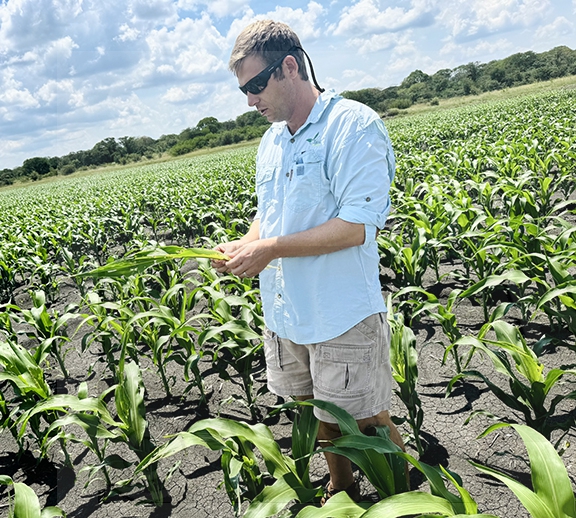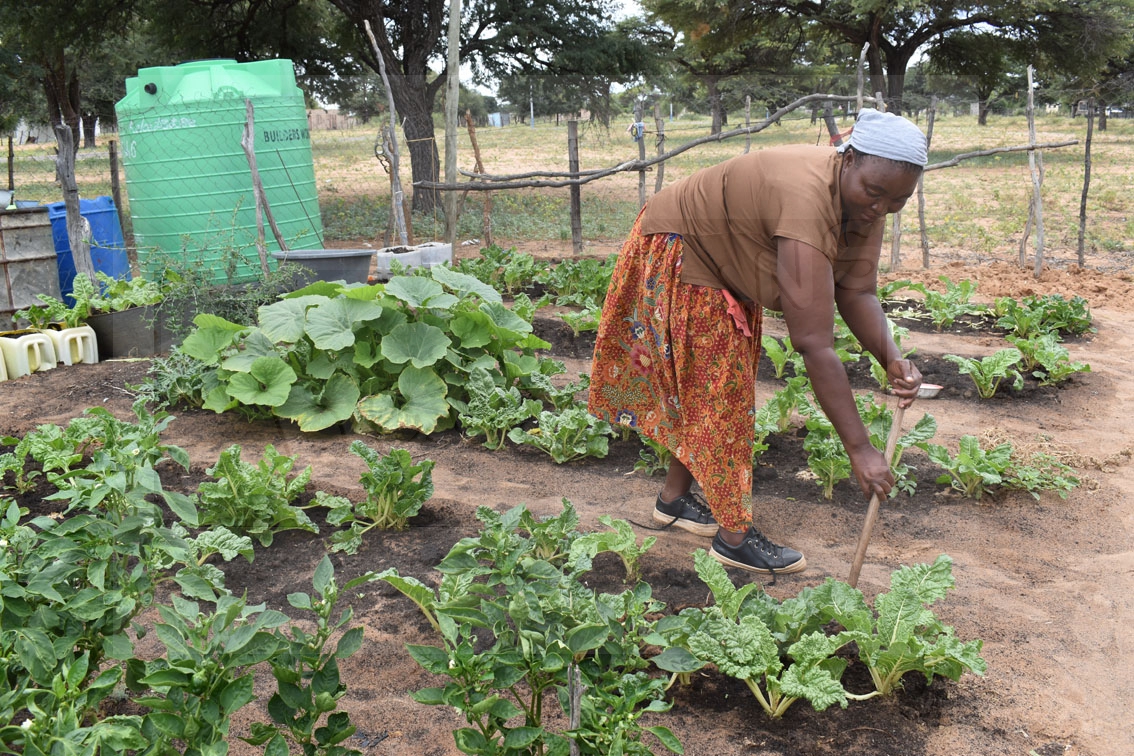Botswana fulfils trophy imports requirement
03 Dec 2024
Botswana has fulfilled an annual certification required by the United States Fish and Wildlife Service for the elephant trophy imports into the United States, which is so far the largest market.
Acting Director of Wildlife and National Parks, Mr Moemi Batshabang, revealed this when giving a keynote address at a stakeholder consultative forum on the review of the 2024 hunting season and a draft discussion for the 2025 hunting quota in Maun on Monday.
The certification, he said was successfully filed last year despite the short notice noting that the certification was for one-year and it had to be renewed for May 2025 to April 2026.
“I am also pleased to indicate that we have received communication to the effect that our legislation meets the minimum requirements for CITES. The issue of legislation compliance was cardinal for continued export of trophies,” he said.
Furthermore, Mr Batshabang stated that they had intensified implementation of the National Elephant Management Plan (NEMAP 2021-2026), which was developed through extensive consultation with stakeholders since 2018.
The NEMAP provides a platform for participation by all interested and affected parties within Botswana and internationally through proposed activities, methods and targets.
In addition, he said the plan provided for monitoring and evaluation of the implemented actions and that under the social and economic framework component, there was an action or activity of implementation of participatory quota setting mechanism together with community trusts and private stakeholders..
“We believe this is a forward-looking and comprehensive plan, which will serve well to ensure the future of our elephant species for future generations,” said Mr Batshabang, indicating that the challenges presented them with an opportunity to look back with a fair measure of pride in their achievements over the course of the year. He underscored the need to keep track of the challenges, to provide fitting solutions that would ensure a resilient and sustainable industry noting that their success should also be celebrated despite the challenges.
He said the stakeholders should remain cognisant of the threats and steadfast of our constitutional rights to sustainably utilise the wildlife resources, noting that hunting had always been a primary form of wildlife utilisation in Botswana.
Botswana’s conservation system encompasses a number of strategies including both consumptive and non-consumptive utilisation and Mr Batshabang pointed out that sustainable utilisation had been the cornerstone of Botswana’s conservation success.
Furthermore, he said hunting had since the inception of Community Based Natural Resource Management (CBNRM) been one of the major revenue generators for Community-Based Organisations (CBOs).
Mr Batshabang highlighted that there were about 160 registered CBOs across the country working with government to ensure compliance to the CBNRM Policy.
“The CBOs, through the programme, engage in activities and projects that significantly transform the local and national economy mainly through job creation, income generation and facilitation of tourism value chains,” he said.
He cited trophy hunting as one of the activities that achieved that goal and increased the involvement of communities in the realisation of the full economic potential of wildlife resources.
The gathering learnt that for financial year 2022/2023 a total of 7 056 people were employed by CBOs and over P110 million (US$10M) was generated by CBOs from various activities including but not limited to concession fees, camping, hunting quota fees, land rental fees and enterprises.
An amount of P30 million (US$3M) was generated from hunting alone for the 2023 hunting quota and over P42 million (over US$3M) for 2024 hunting quota by the communities and Mr Batshabang said the figures therefore demonstrated the importance of the wildlife economy to the rural communities.
He further urged the stakeholders to remain optimistic as they move forward and to secure the future of conservation in Botswana through sustainable, ethical and science-based utilisation of their wildlife.
“We are glad to have good and close cooperation with the Botswana Wildlife Producers Association (BWPA) who are fully supporting our efforts.
We will continue to foster dialogue and inspire collaboration and partnerships to achieve the shared goal of sustainable utilisation of wildlife resources and engage and discuss matters of mutual interest,” he said.
“It is our belief that the tenacity and passion shown by members of the BWPA to conserve our natural heritage is a clear indication that the hunting industry play, and shall continue to play a pivotal role in the continued success of the Botswana’s conservation model,” he added.
Mr Batshabang underscored the need to increase the capacity of communities to sustainably protect and manage their natural resources and the wildlife economy in order to mitigate future shocks and stresses such as climate change. Ends
Source : BOPA
Author : Esther Mmolai
Location : Maun
Event : Meeting
Date : 03 Dec 2024





